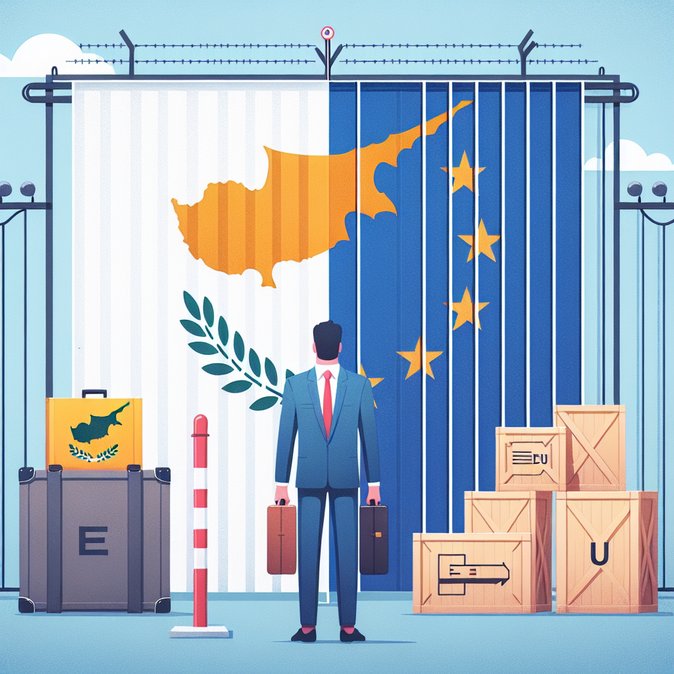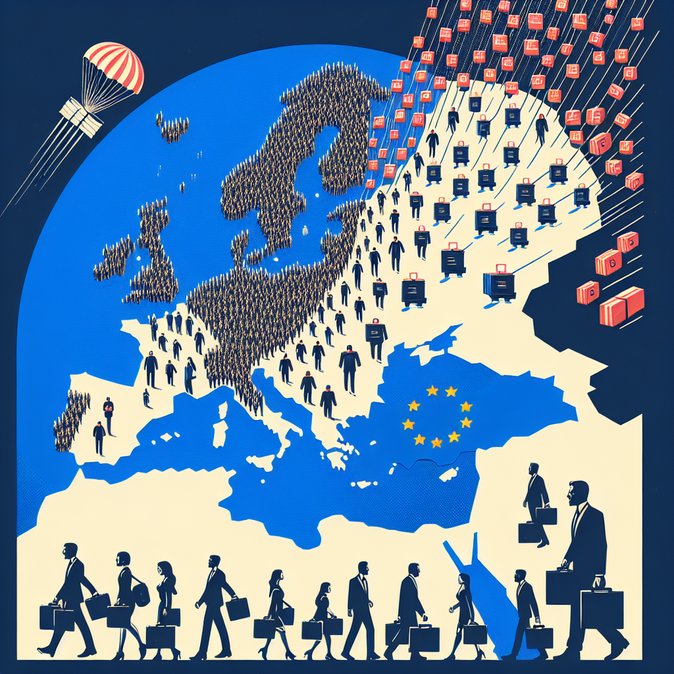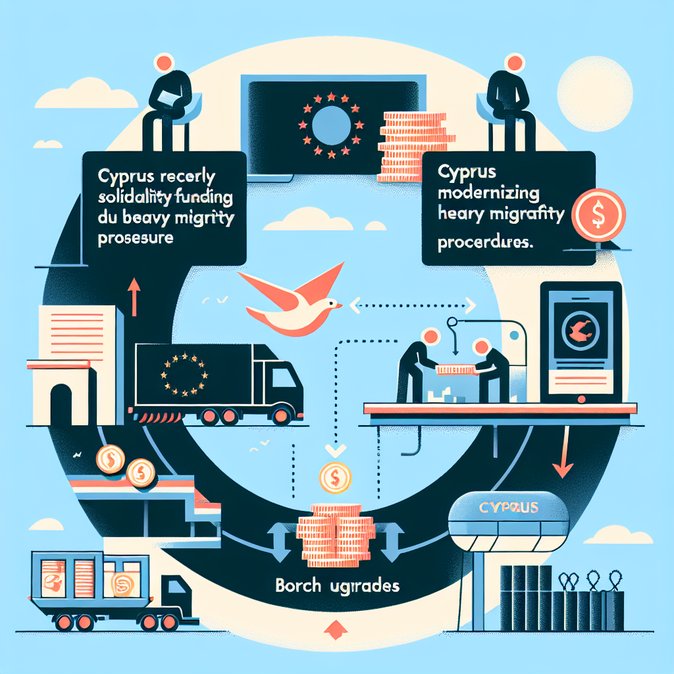
Only hours before Cyprus’ Berlin warning, Turkish President Tayyip Erdogan doubled down on what he calls the “most realistic” outcome for the island: two internationally recognised states living side-by-side. Standing next to newly elected Turkish-Cypriot leader Tufan Erhurman in Ankara on 13 November, Erdogan said decades of U.N.-backed federation talks had failed and that Turkish Cypriots will never accept minority status in a unified republic.
The remarks harden a negotiating line that has direct mobility consequences. A two-state model would leave the self-declared Turkish Republic of Northern Cyprus (TRNC) outside EU law, customs territory and the bloc’s upcoming Entry/Exit and ETIAS systems. That would force airlines, cruise operators and road hauliers to treat the island as two separate jurisdictions – duplicating compliance and insurance costs.
![Erdogan Reiterates Two-State Vision, Deepening Cyprus Mobility Uncertainty]()
For international companies, the divergence already shows up in tax and social-security duplication when employees commute across the Green Line. If Erdogan’s vision prevails, cross-border work permits and social-insurance totalisation agreements would have to be negotiated from scratch, a process that could take years and may never replicate the seamless mobility enjoyed elsewhere in the EU.
Meanwhile, Erhurman signalled limited openness to “learning from past failures,” hinting at a hybrid arrangement under U.N. auspices. Observers say this could translate into practical mobility CBMs (confidence-building measures) such as mutual recognition of ID cards for day trips or joint processing of tourist buses at the Ledra Palace crossing – small steps that keep channels open for 3 million annual visitors who circulate between the island’s two administrations.
Until clarity emerges, mobility advisers should maintain contingency routing for staff and goods bound for northern resorts, brief travellers on dual-checkpoint procedures, and track potential EU sanctions that could disrupt air links if talks collapse. A formal split would also complicate consular protection, making it harder for EU or third-country nationals to obtain help while in the TRNC.
The remarks harden a negotiating line that has direct mobility consequences. A two-state model would leave the self-declared Turkish Republic of Northern Cyprus (TRNC) outside EU law, customs territory and the bloc’s upcoming Entry/Exit and ETIAS systems. That would force airlines, cruise operators and road hauliers to treat the island as two separate jurisdictions – duplicating compliance and insurance costs.

For international companies, the divergence already shows up in tax and social-security duplication when employees commute across the Green Line. If Erdogan’s vision prevails, cross-border work permits and social-insurance totalisation agreements would have to be negotiated from scratch, a process that could take years and may never replicate the seamless mobility enjoyed elsewhere in the EU.
Meanwhile, Erhurman signalled limited openness to “learning from past failures,” hinting at a hybrid arrangement under U.N. auspices. Observers say this could translate into practical mobility CBMs (confidence-building measures) such as mutual recognition of ID cards for day trips or joint processing of tourist buses at the Ledra Palace crossing – small steps that keep channels open for 3 million annual visitors who circulate between the island’s two administrations.
Until clarity emerges, mobility advisers should maintain contingency routing for staff and goods bound for northern resorts, brief travellers on dual-checkpoint procedures, and track potential EU sanctions that could disrupt air links if talks collapse. A formal split would also complicate consular protection, making it harder for EU or third-country nationals to obtain help while in the TRNC.


